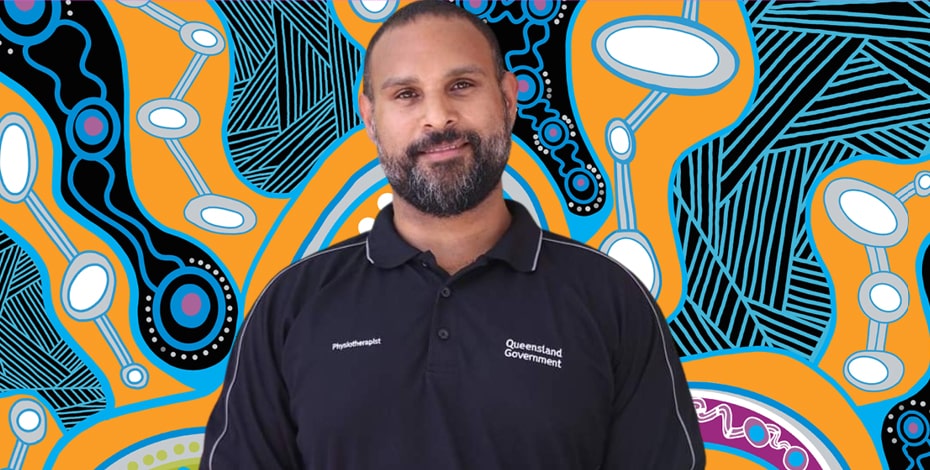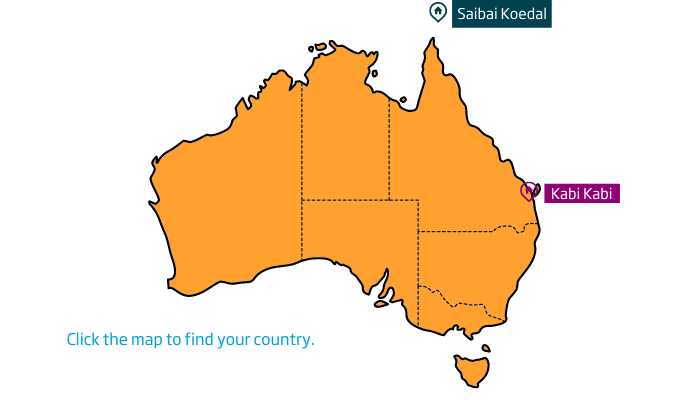
Carl Francia and opening the cultural eye

Cameron Edwards has a yarn with Carl Francia about the Torres Strait Islands, truth-telling and looking through two eyes—the western eye and the cultural eye.
A bit about Carl
I am a Saibai Koedal clansman of the Torres Straits and Physiotherapist. I have a clinical role as a Staff Physiotherapist at The Prince Charles Hospital in Queensland and an academic role as Associate Lecturer in Physiotherapy at the University of Queensland (UQ). I am doing a PhD on health access and outcomes for Rheumatic Heart Disease in Queensland. This is an acquired disease of poverty and health inequity, predominantly the burden of Aboriginal and/or Torres Strait Islander people, which devastates the lives of many children and young people; in worst-case scenarios causing stroke and the need for open-heart surgery.
Country (from): Saibai Koedal
Country (currently living): Kabi Kabi country also written Gubbi Gubbi (South-eastern Queensland)
Favourite Indigenous word: Koedal (Saltwater crocodile)
Song of choice: Best Part of Me by Busby Marou
Listen to The Deadly Physios playlist on Spotify.
Watch the ABC's You Can't Ask That (Series 1, Indigenous episode) as mentioned in the podcast.
Credits
Creators: Marko Stechiwskyj and Clare Pickering
Producer: Clare Pickering
Editors: Clare Pickering and Ali Aitken
Post-production: Ali Aitken
Artwork: Emma Bamblett
Theme music: Rudi Louis Taylor-Bragge
APA Aboriginal and Torres Strait Islander Policy Officer: Lowana Williams
APA marketing team: Nichola Stamatakos and Barbara Karametos
APA graphic designer: Mick Hibbert
APA communications: Claire Macuz
Website design: Eddy Kim
Thank you to The Australian Institute of Aboriginal and Torres Strait Islander Studies for helping us locate our Country.
We would like to acknowledge the traditional custodians of the many lands across Australia and pay our respects to elders past, present and emerging. We recognise their enduring connection to the lands and waterways of this country and thank them for protecting and maintaining this country for us and future generations.


